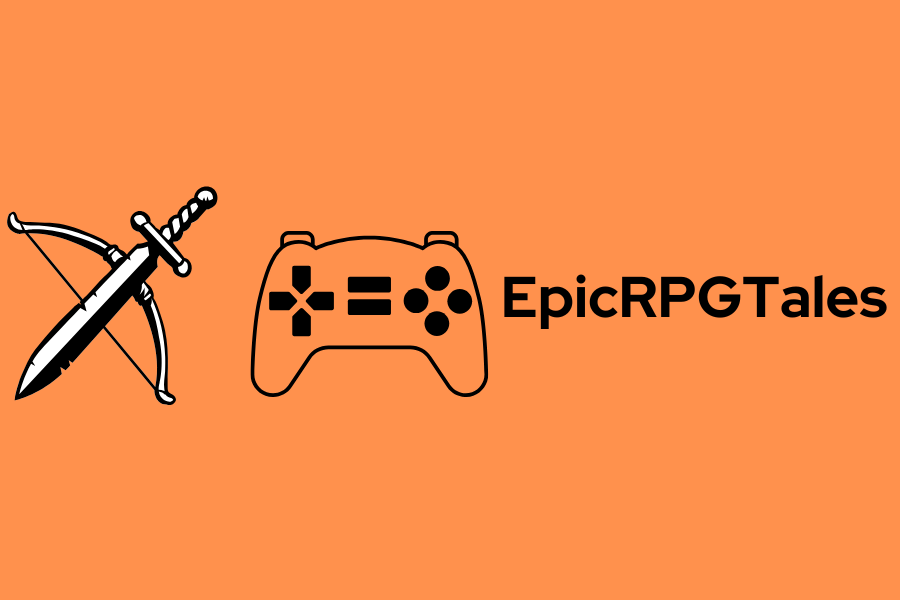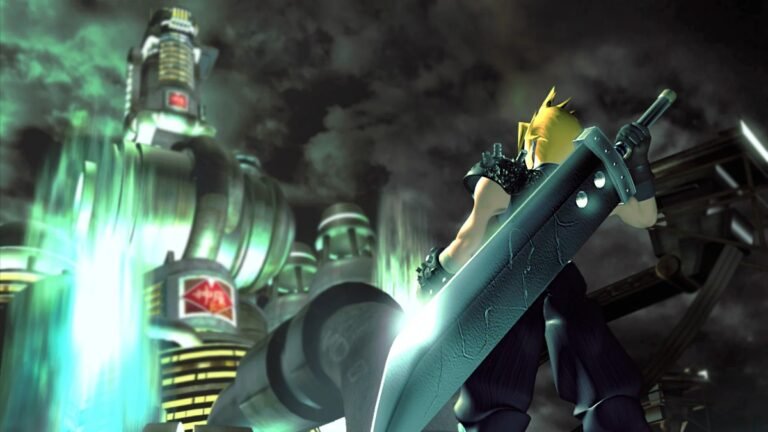Final Fantasy, eh? We could put any number of entries up for contention in an RPG Hall of Fame. It may not have been the first RPG series, but it’s perhaps the biggest (fans of other RPGs are free to disagree).
The reason behind that is precisely why Final Fantasy VII is the entry first up in our Hall of Fame. There are arguably better entries (Final Fantasy VIII, IX, and XIV, for me), but they pale in impact compared to the almost monolithic reputation of the seventh Final Fantasy.
Timing played a big part in that. The what-ifs of Final Fantasy VII’s enduring popularity are fascinating to consider, as they convey a classic sliding-door situation. What if the union between Nintendo and Sony had been crystalized into a console? Would we have got the same game? What if Sony hadn’t made the PlayStation because of that? Would Final Fantasy VII have had the same cultural impact on another console?
The crux of it is that Final Fantasy VII was a case of the right time, the right situation, and the right place. Maybe it would still be revered as a classic, but without the mainstream popularity of the PlayStation, I don’t think Final Fantasy VII would have thrust the series into the stratosphere. However, make no mistake, the game being on that console with that level of power is an integral part of its success and legacy.
In the decades preceding Final Fantasy VII, the RPG, whether in video game form or tabletop, was primarily about imagination being used to fuel the sense of scale and stakes. Good writing and enthusiastic minds did plenty of leg work, but in terms of audiovisual representation, we weren’t quite there.
The audiovisual upgrade the PlayStation offered was a revolutionary jump for the RPG genre. The JRPG sub-genre’s ability to showcase story and spectacle was amplified with a CD-quality musical score and 3D graphics that could build a world you could see. The gap between imagination and reality had shrunk significantly, and now we had the wow factor that would draw in more than just the hardcore.
That opening is one of gaming’s greatest scene-setters. The starry sky, the first glimpse of Aerith and her flower basket before the shot zooms out to reveal the bustling city in all its retrofuturistic glory. That swell of the music as the titles come up. Already an impactful 90 seconds of introduction, the shift in tone as shots of a speeding train are intercut with a zoom back into street level where we see said train arrive at a station. Then it seamlessly (for 1997, anyway) transitioned into the actual game and the start of what would be a theatrical, emotional journey with Cloud Strife and his merry band of pals.
Just read the comments on the video of the Opening Movie to see the way people talk about it to this day. It’s 28 years old and still capable of giving you goosebumps if you lived through it the first time around.
Final Fantasy VII Opening Movie
It was the kind of thing you could show to someone who didn’t even care about video games, let alone RPGs, and catch their attention. The in-game character models were, of course, a bit less detailed than the world they inhabited. Still, again, that gap between imagination and reality had been narrowed, so it didn’t matter, because what games looked this good overall before the mid-90s?
It served as a great way to get people in the proverbial door, and then that sweeping story dug its claws in. It’s a beloved story for many reasons, but we all know that the death of one character had the most significant impact from it. For many, it was a formative and shocking moment, helping to push villain Sephiroth into truly villainous territory and cementing his place as one of gaming’s most iconic bad guys.
For years, fans pined for a modern remake to close the gap between imagination and reality that had naturally grown as technology accelerated, revealing just how well-realized a game world and its characters could be. Famously, it finally happened, and Square Enix decided to do The Hobbit thing and turn it into a trilogy, which has done quite well in its first two entries.
Those games have reimagined more than just the look and feel of the classic game. They have given long-term fans fresh discovery and excitement without sacrificing the key moments. Given Final Fantasy VII’s legacy and impact on the RPG genre over the last 28 years, not replicating that game beat for beat and forging a new path makes a great deal of sense.
Check out our RPG Hall of Fame articles on Undertale, Dragon Quest, and Demon’s Souls.

